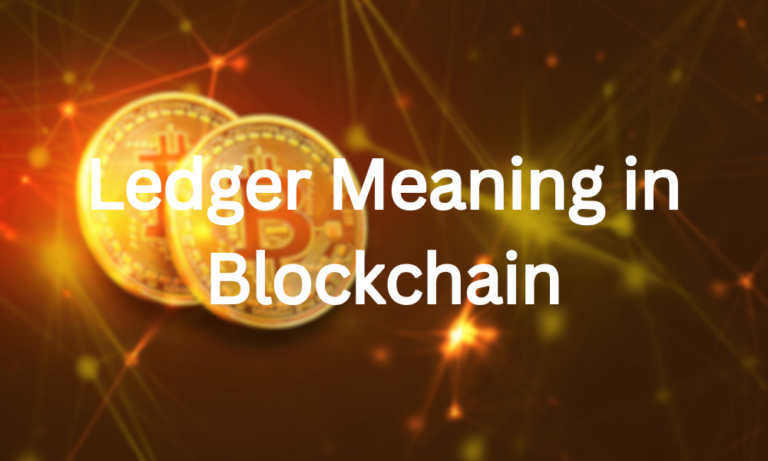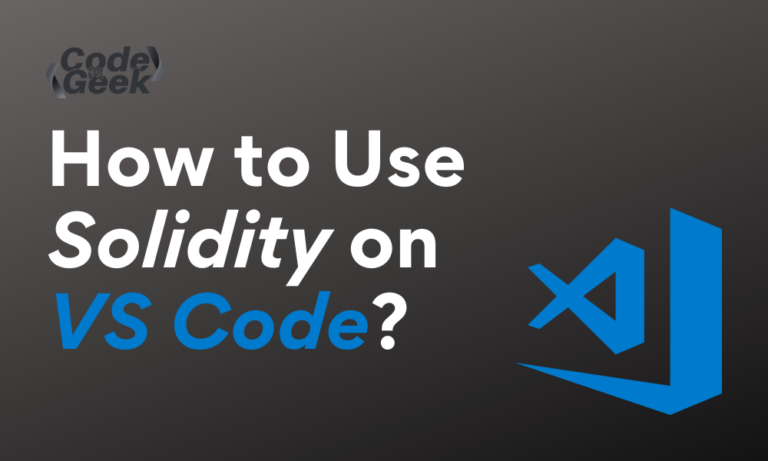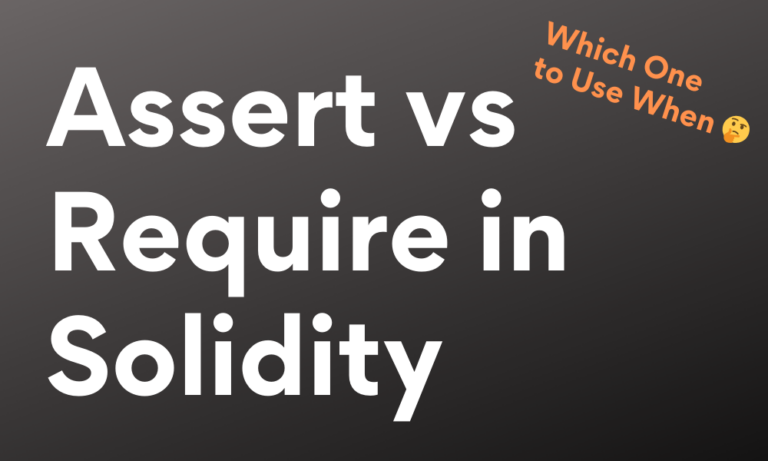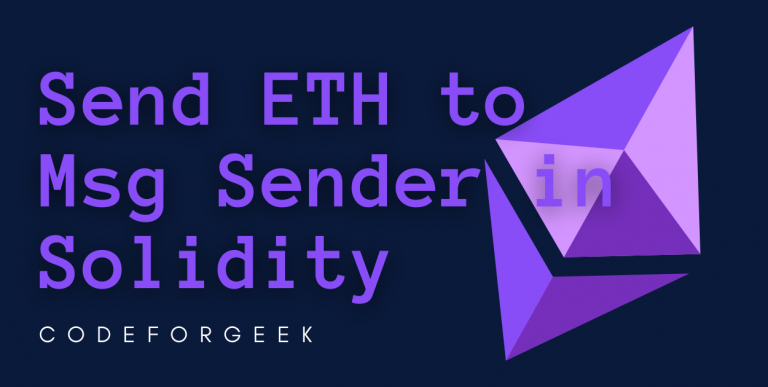New to Rust? Grab our free Rust for Beginners eBook Get it free →
Top Wonderful Blockchain Platforms to Build dApps in 2021
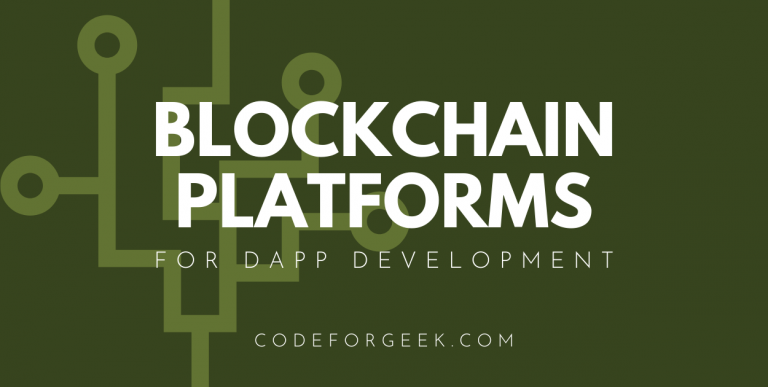
Many companies today have started to set their foot in the blockchain market, alongside technological advancements and widening recognition. However, there’s a long list of existing blockchain platforms that pose challenges to businesses when selecting suitable blockchain platforms for them.
There are so many blockchain platforms out there, so how will you point out the right one? In this piece, we will be reviewing and analyzing the best blockchain networks for dApp development.
Before we get started, let us go through a quick overview of dApps.
What are Decentralized Applications or dApps?
Decentralized applications or dApps are nothing but digital programs or applications living on blockchain platforms or networks, or a decentralized network of computers.
They are outside the horizon and control of a single authority and emit all intermediaries like governments, banks, etc., making them decentralized.
These applications are more secure because all the data of the application are stored across a network of computers that verify and agree or disagree with any changes. This way, no one can take down these applications.
Classification of dApps
Decentralized apps can be classified into 2 types:
Web3 dApps – These types of applications can be accessed on a web browser without the need for users to download them onto their devices.
Native apps – These applications are the ones that run on iOS/Android devices. They enable users to frequently install it from application libraries like the App Store or the Google Play Store.
The Wonderful Blockchain Platforms to Build dApps in 2021
Let me list out the 3 best and wonderful blockchain platforms for dApp development and their pros and cons.
#1 Ethereum
Found in 2015 by Vitalik Buterin Ethereum is the largest, popular, and widely traded cryptocurrency after Bitcoin. It provides a decentralized platform on which dApps or decentralized applications can be built and run.
In the June of 2016, the Ethereum blockchain saw a massive hack which later gave rise to a split or a hard fork of the blockchain network. Of which, Ethereum Classic being the original one and Ethereum being the new one.
Read about Ethereum vs Ethereum Classic: The Ultimate Difference.
Back in 2017, more than 30 cryptocurrencies were backed by the Ethereum blockchain platform, out of the top cryptocurrencies.
Pros
Ethereum allows users to build smart contracts, which is what makes it unique from other players. A smart contract is an application or program that is executed when predetermined conditions are met.
For instance, you go out for a meal and your smart contract will pay for your bill when you finish.
Ethereum is one of the first decentralized platforms, is enjoying the advantage of having the most experience. Moreover, Ethereum also released its proof-of-stake Beacon Chain in December 2020 and is now stable.
Cons
Even after the Ethereum Improvement Proposal (EIP) launched this month (August 2021), in which it promised to reduce the transaction and deployment fees, the prices still have reduced as much.
It still has slow transaction speeds; it can only handle 30 transactions per second whereas payment platforms like Visa can handle 1,700 transactions per second and claim it can handle up to 24,000.
#2 Cardano
Cardano is often nicknamed “Ethereum-Killer” and is founded by the most popular name in the cryptocurrency industry, Charles Hoskinson, who was also Ethereum’s Co-Founder in 2015.
Cardano is used for financial applications and aims and objectives targets to become a platform that is usable by anyone in the world.
Cardano will see the Alonzo Purple hard fork in a few days or even months. As of now the hard fork is imminent and could fuel Cardano’s ADA coin from $2 to $5! Cardano is popular among blockchain platforms for dApps.
Pros
Cardano’s Alonzo Purple hard fork will now introduce the smart contracts feature which is what is making developers and businesses go crazy all over it.
In the cryptocurrency market, many call Cardano’s whitepaper the best. Cardano has a much-admired team because of their dazzling analytical skills and eye for detail.
Transactions aren’t so simple that you could just store the names of the sender and receiver and the amount on the network; which is what Bitcoin does.
There are much more details associated with even the simplest of a transaction. For instance, the reason for the transaction, and the time of course! Especially where everything is decentralized, storing details are crucial.
In this case, Cardano takes a much-improved approach to this. Cardano separates the information of a transaction into two layers.
Cons
Uncertainty interferes when it comes to the implementation of its product in Cardano’s community.
Moreover, Cardano is based on a language called Plutus, which is still under-established. It is a matter of concern to many users whether Cardano’s team, despite its exemplary technical expertise, will be able to transform their pleasing whitepaper into an actual workable product.
#3 Solana
Solana is founded by Anatoly Yakovenko in 2018 and is popularly known as a lightning-fast and high-performing blockchain network. The Gulf Stream usage bolsters its ability to process over 50 thousand transactions per second, which is mind-blowing!
Besides, they did not fail to provide their users a highly secured environment their users.
Solana is based on Rust language, gives helpful and unique features to an application, like conditional compilation, and moves semantically. This also provides a friendly environment for developers to work in.
Pros
The blockchain platform came up with a new consensus model called Proof-of-History that scans historical records of blockchain transactions before it includes them in the shared ledger. This helps to prove if the transaction has happened for real, making the system even more decentralized.
It has an enormous TPS of 50 million and is highly scalable It can also run smart contracts parallelly, making it more efficient. Moreover, smart contracts can be written in any language as Solana compiles them into WASM.
Cons
The new consensus model of Proof-of-History compared to other blockchain platforms.
Their community is growing but is smaller with only a few nodes to run on the network. Only recommended for small to medium-sized projects looking for lightning-fast blockchain platforms, with limited requirements.
Conclusion
Many companies today have started to set their foot in the blockchain market, alongside technological advancements and widening recognition. There are so many blockchain platforms out there, so how will you point out the right one?
In this piece, I have reviewed and analyzed the best blockchain platforms for dApp development.

